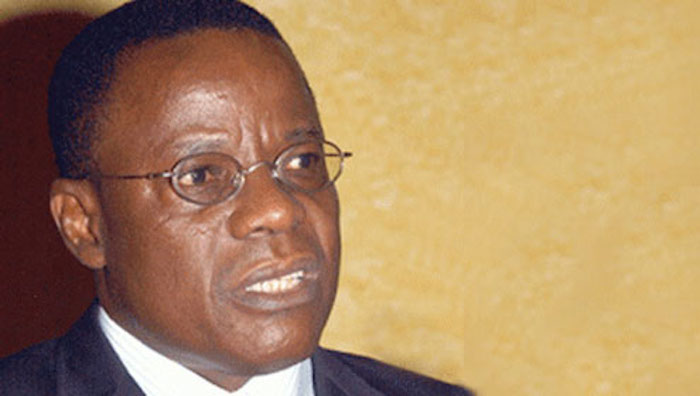Maurice Kamto’s Electoral Challenge Rocks Cameroon as Constitutional Council Hearing Looms
Yaoundé, Cameroon – July 23, 2025, 11:01 AM BST
Cameroon’s political landscape is heating up as opposition leader Maurice Kamto, a retired university professor and candidate for the African Movement for New Independence and Democracy (MANIDEM), takes on the country’s electoral system in a high-stakes legal challenge. The Constitutional Council has summoned Kamto for a hearing on Thursday, July 24, 2025, at 11:30 a.m. in its Yaoundé courtroom, a move that could reshape the October 12, 2025, presidential election.
Kamto’s legal team, the Sylvain Souop Collective, is contesting the absence of a proper electoral register, a requirement under Article 80 of Cameroon’s Electoral Code. They argue that the current voter list is non-compliant, lacking transparency and official publication, which threatens the legitimacy of the upcoming election. “Without a valid electoral register, the October election risks being declared invalid,” the team stated in their petition, urging the Council to act swiftly to address the issue. This bold move has been hailed as a strategic effort to expose systemic flaws in Cameroon’s electoral process, which critics say favors President Paul Biya’s ruling Cameroon People’s Democratic Movement (CPDM).
The hearing comes amid a tense political climate, with Biya, now 92 and in power since 1982, seeking an eighth term. Kamto, who ran in 2018 and claimed victory amid widespread allegations of fraud, has galvanized support through MANIDEM’s voter registration campaigns, adding over 750,000 new voters, particularly women and youth. His challenge to the electoral register is backed by allies in the Political Alliance for Change (APC) and the Front for Change in Cameroon (FCC), amplifying its significance.
The government’s response has been heavy-handed, with Kamto facing a two-day police stakeout in Douala in June 2025 and bans on opposition coalitions deemed “illegal.” These actions have fueled accusations of electoral manipulation, raising the stakes for tomorrow’s hearing. A favorable ruling for Kamto could force reforms to the voter list, leveling the playing field for opposition candidates. Conversely, a dismissal could deepen public distrust in the electoral process, potentially sparking protests in a country where the median age is 18 and frustration with the status quo is palpable.
The outcome of the Constitutional Council’s decision will likely be a turning point for Cameroon’s political future, impacting Kamto, MANIDEM, and the broader opposition. As the nation watches, the hearing underscores a growing demand for transparency and fairness in a political system long dominated by Biya’s CPDM.





